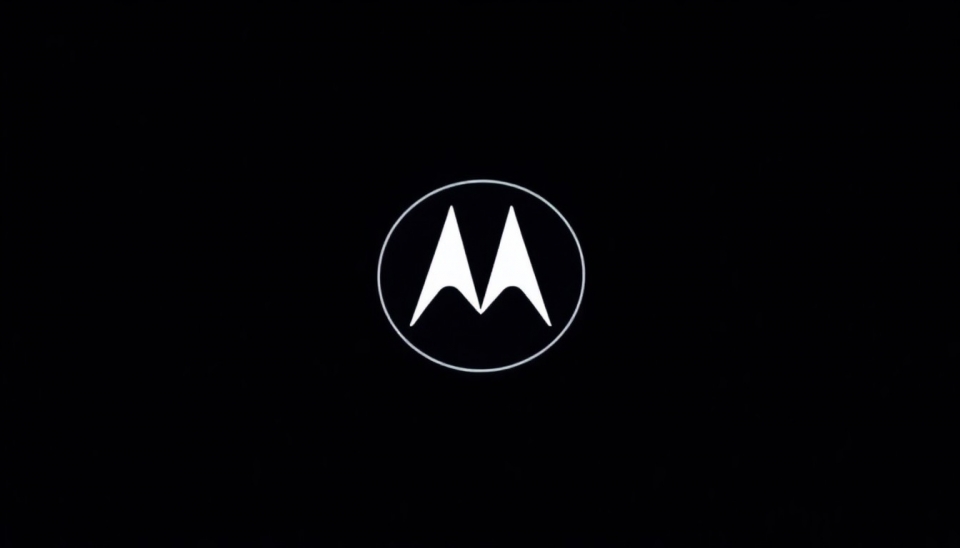
In a decisive response to ongoing scrutiny from regulatory authorities, Google, the tech giant synonymous with innovation, has forcefully rejected the notion of selling its widely-used web browser, Chrome. Citing the suggestion as an "extreme remedy," Google argues that such a drastic measure not only misaligns with established legal frameworks but could also inadvertently disrupt the competitive landscape of the technology sector.
The controversy has been brewing against a backdrop of regulatory crackdowns, particularly focusing on antitrust issues within the technology marketplace. Google’s executive team believes that the calls for a potential Chrome divestiture not only overlook the complexities of the competitive environment but also fail to adequately classify the browser's role in a fair market competition.
Google contends that Chrome has consistently delivered user-centric features and innovations, which ultimately benefit consumers. The browser is regarded as an essential tool for daily internet navigation, seamlessly integrating with various Google services such as Search, Drive, and Gmail. Thus, the suggestion to potentially sever this critical service is being viewed as not only impractical but also detrimental to users who rely on its functionalities.
Antitrust advocates argue that Google’s dominance in the browser market raises significant concerns, given the company’s vast influence and market share. They assert that a sale could mitigate these concerns by fostering a more competitive environment. However, Google's leadership emphasizes that such a solution oversimplifies the intricacies involved, suggesting that the root issues reside deeper within the market dynamics rather than in the existence of its products.
This ongoing dispute underscores a broader conversation regarding the accountability of tech giants and their responsibilities in maintaining a competitive marketplace. As regulatory bodies navigate the challenges of overseeing powerful organizations like Google, discussions surrounding the future of Chrome and other flagship products continue to unfold in a highly charged environment.
In the face of increasing regulatory challenges, Google's defense of Chrome and the company's unwavering stance against divestiture pose important questions about the balance between innovation, competition, and regulation. Whether regulators will heed these arguments or push for more aggressive actions remains to be seen in the coming months.
As discussions progress, the relationship between tech companies and regulatory authorities will be closely watched, as it may set critical precedents for future policies affecting the industry as a whole.
For now, Google remains steadfast in its commitment to enhancing user experience through Chrome and maintaining its position as a leader in the tech industry, fighting off what it perceives as misguided attempts to impose extreme measures that could have unintended consequences.
#Google #Chrome #Antitrust #TechNews #Regulation #Innovation #Competition #WebBrowser
Author: Emily Collins




